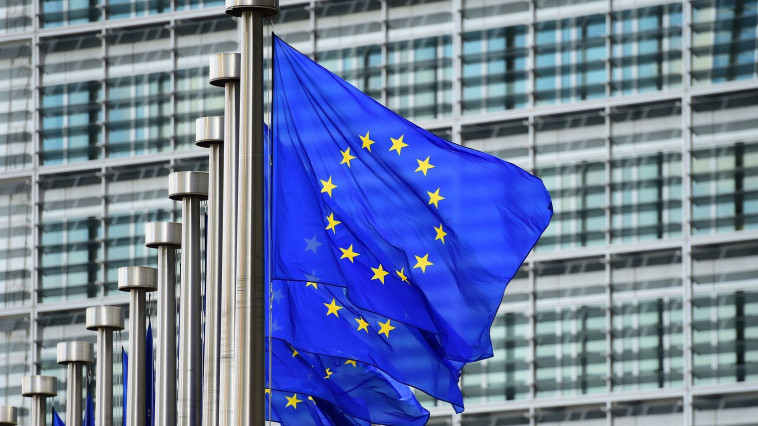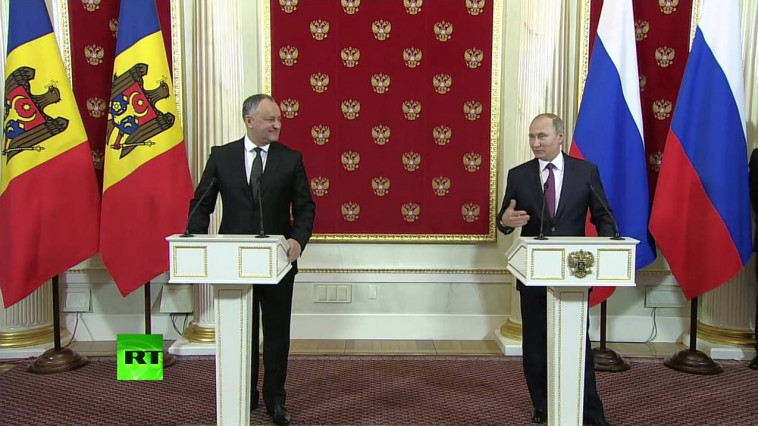European Union scolds Dodon

The contacts of the European Union with the Moldovan authorities are aimed at continuing the successful implementation of the Association Agreement, for the benefit of the Moldovan people, Maja Kocijancic, spokesperson for the High Representative of the Union for Foreign Affairs and Security Policy Federica Mogherini, said in a comment for Radio Free Europe, referring to President Igor Dodon’s statements about the shortcomings of the Association Agreement made in Moscow, IPN reports.
"The Association Agreement, including its commercial side, is the principled basis of the EU’s relations with the Republic of Moldova and offers a powerful legal framework to our political and commercial ties. As it is known, it took effect and is implemented with positive results for both sides, while the profoundness of the EU’s relations with Moldova is also proven by other important framework agreements, for example those on the mobility of citizens. Our contacts with the Moldovan authorities are aimed at continuing the successful implementation of this Agreement, for the benefit of the Moldovan citizens. This is all I can say at this stage. Surely, we impatiently wait for President Dodon’s visit to Brussels, in the near future,” stated Maja Kocijancic for Radio Free Europe / Radio Liberty.
While in Moscow on a visit, Igor Dodon said the EU-Moldova Association Agreement could be denounced after the parliamentary elections of 2018 if the Party of Socialists wins a majority of seats in these, and the Head of State will support such an initiative. He noted he repeatedly pleaded against this accord, which, according to him, produced no positive results for Moldova.
Deschide.MD recalls that in December 2016 the European Parliament changed the terms on the mechanism of suspension of visa-free regime in certain emergency cases. According to this agreement, the visa regime could be reintroduced if there is a sudden increase in the number of citizens of a country outside the EU, such as Ukraine or Georgia, which will be illegally on EU territory. The visas may also be reintroduced if there is an increase of unfounded asylum applications, a lack of cooperation on returned migrants, or if it believes that the citizens of a particular country is a security threat for the European bloc.

















